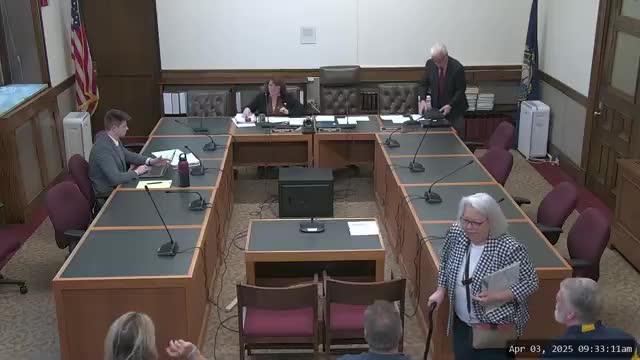Article not found
This article is no longer available. But don't worry—we've gathered other articles that discuss the same topic.
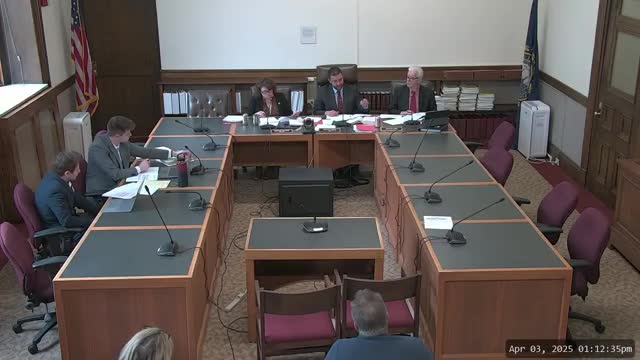
Grandparents and advocates urge changes to visitation law after testimony of alienation cases
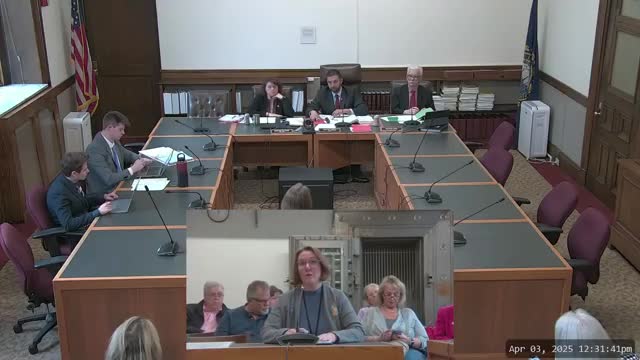
Committee backs creation of permanent foster-care oversight subcommittee
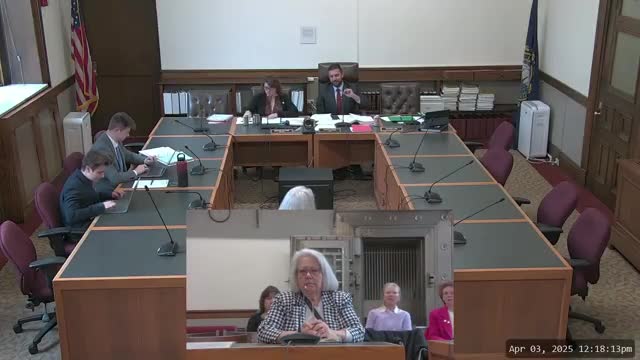
Sponsor says bill would let courts fashion remedies when orders go unenforced
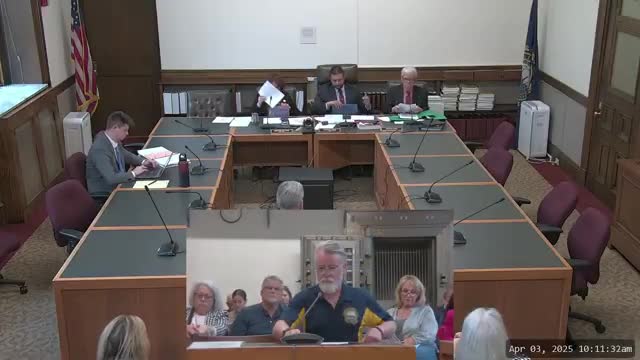
Committee hears sharply divided testimony on penalizing knowingly false child-abuse reports
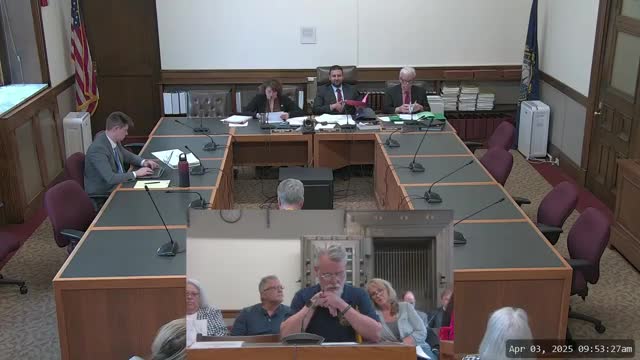
Committee advances bill to require courts to inform divorcing parents of option to avoid automatic wage garnishment
